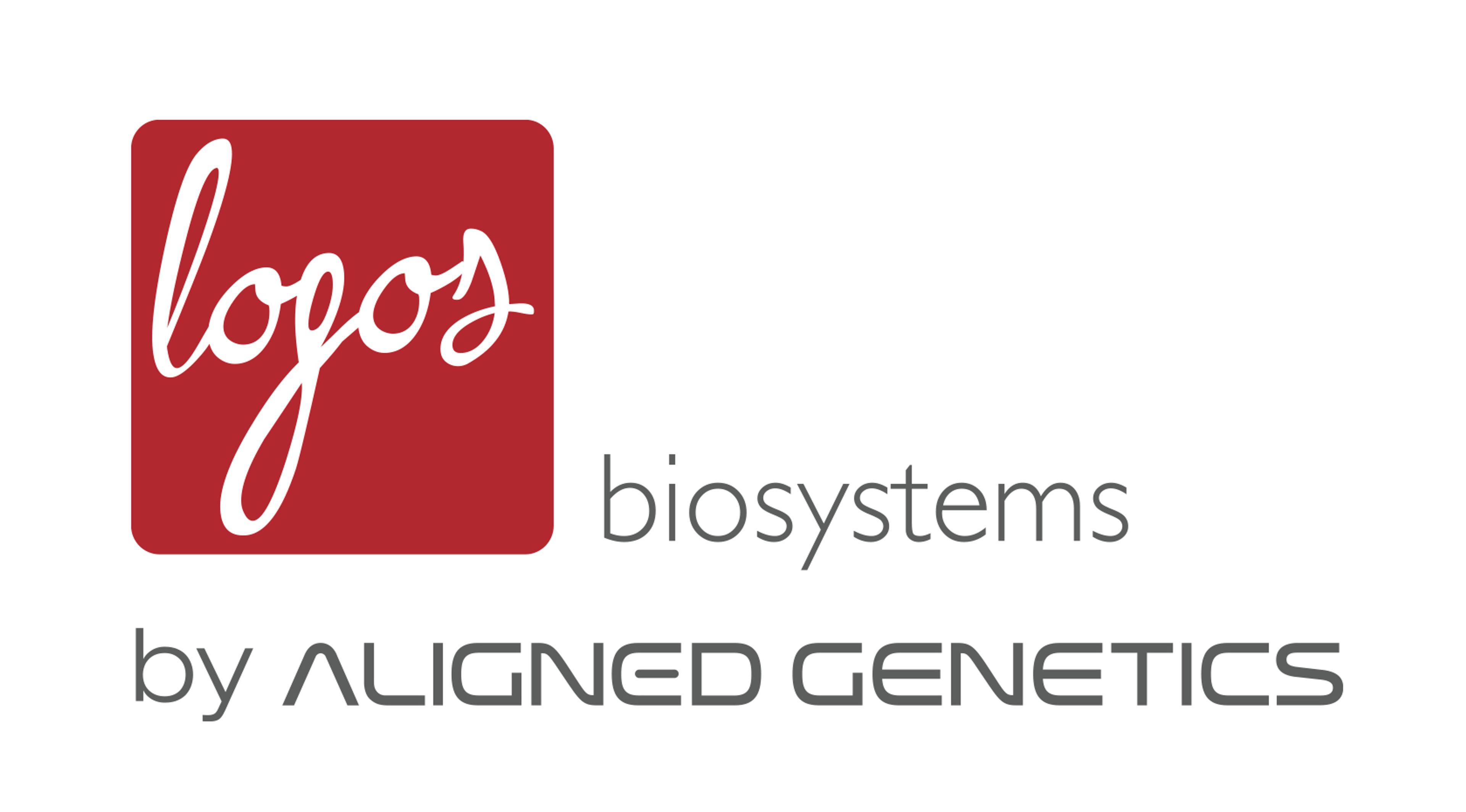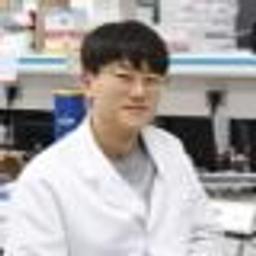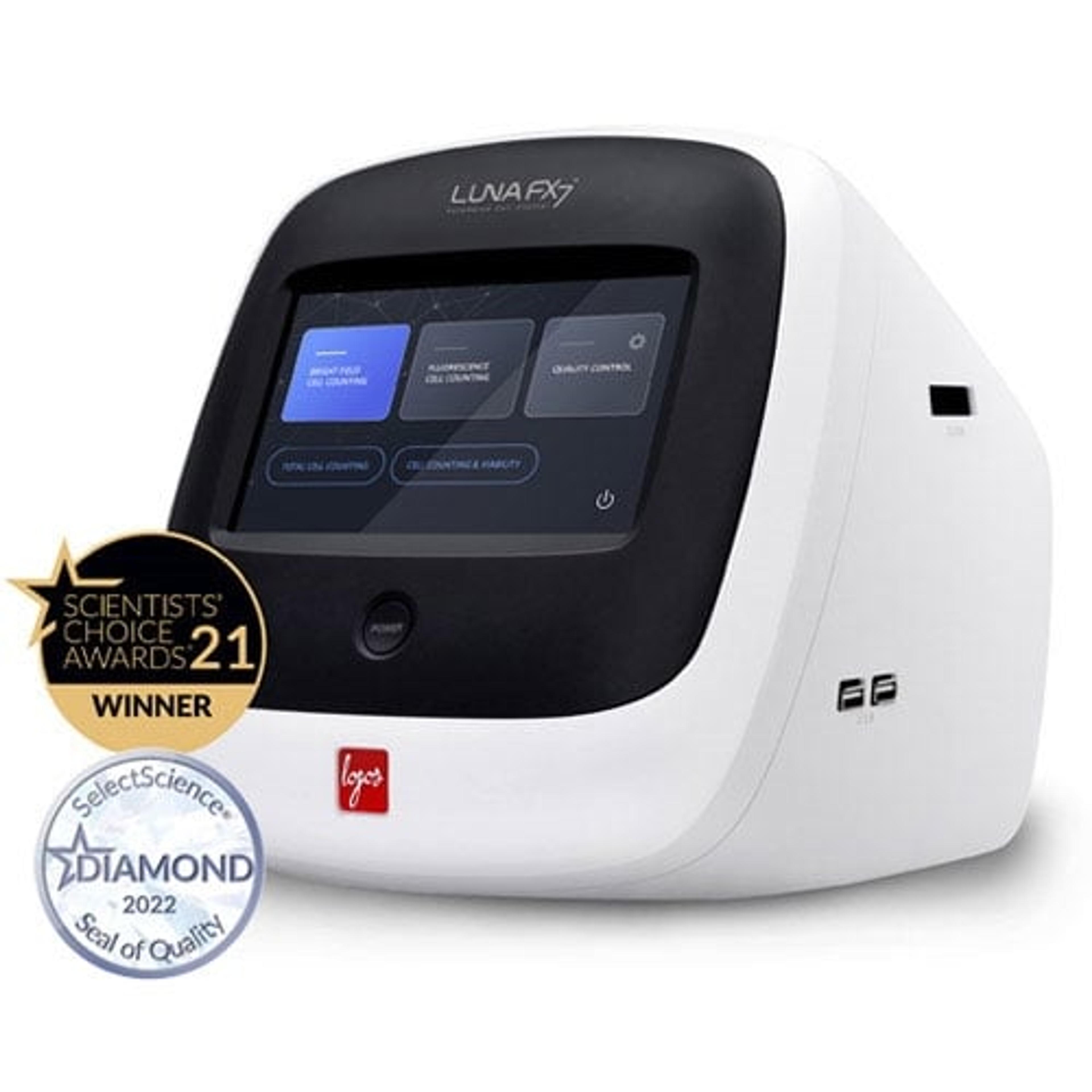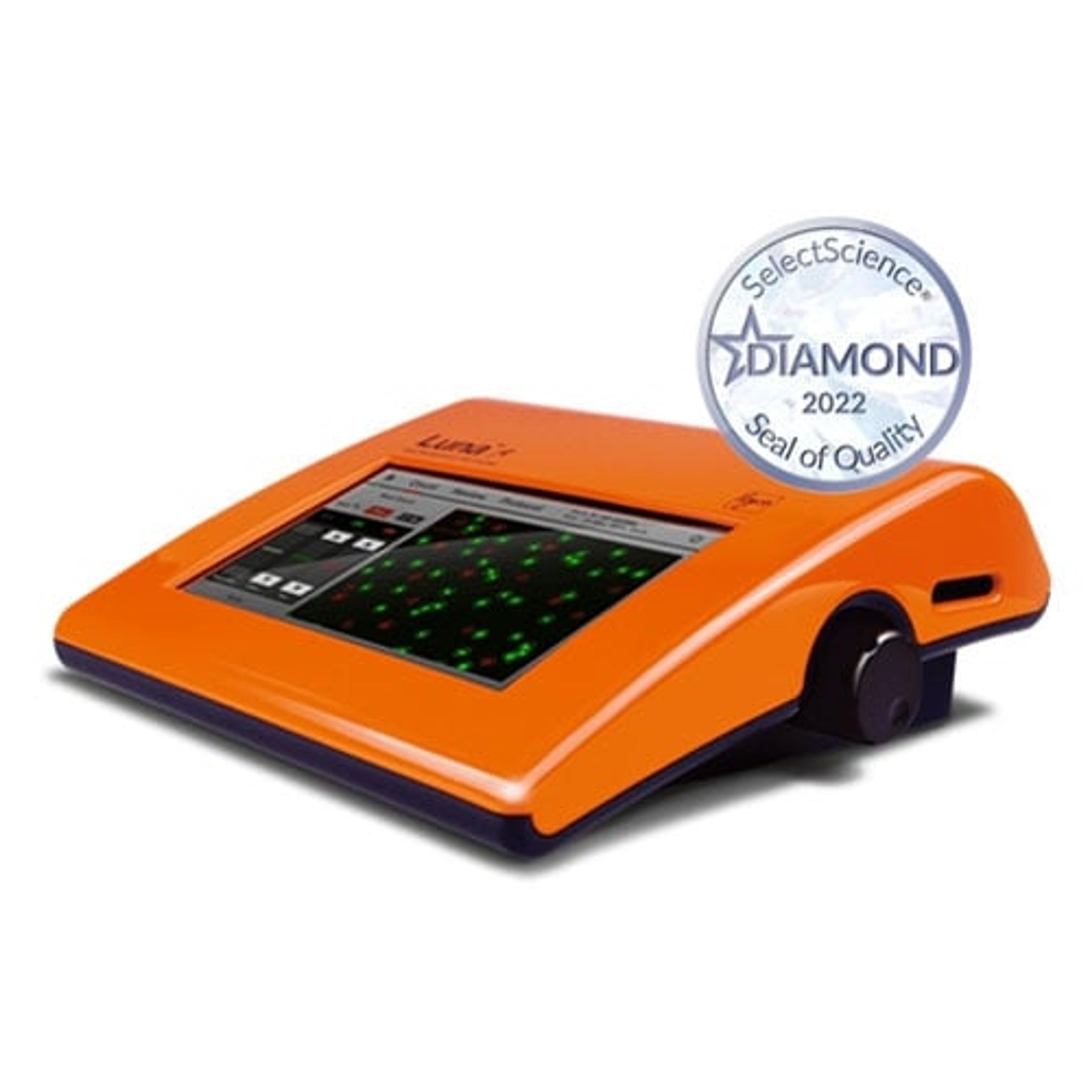
Automated Nuclei QC Enhances Single Cell Sequencing
To achieve desired and reliable outcomes in single cell sequencing, the accurate evaluation of nuclei quality is critical. Choosing the most effective method and choosing the right combination of dyes is not easy.
In this webinar, you will learn how to streamline nuclei assessments and choose optimal fluorescent dyes combinations. In addition, you will discover how to integrate the different dyes and optimize advanced automated cell counters to ensure the reliability of results.
Key learning objectives
- Learn how to streamline nuclei quality assessments for downstream applications such as single cell genomics research
- Find out the optimal fluorescent dye combinations for ensuring the quality and reliability of nuclei assessments
- Understand the capabilities of automated cell counters (like that of the LUNA-FX7™ and LUNA-FL™) as powerful tools for precise nuclei assessments
Who should attend?
Students, graduate students, doctoral students, post doc researchers, assistant/associate professors, professors, lab technicians, lab specialists, scientists, researchers, lab managers, lab supervisor/directors, principal investigators, principal/associate scientists, QA/QC manager/supervisor, chief scientific officer, VP of research and development (or any decision-making role). Covering both academia, government, and private sector industries.
Certificate of attendance
All webinar participants can request a certificate of attendance, including a learning outcomes summary, for continuing education purposes.
Speakers

Seongwan Jo, (‘Jo’), is an assistant researcher at Logos Biosystems’ headquarters located in Anyang, South Korea. With a passion for science and innovation, Jo is actively conducting experiments using Logos Biosystems' products. In addition to his experimental work, Jo plays a crucial role in generating application notes, technical notes, and white papers derived from his research efforts. Through these resources, Jo aims to provide to customers the essential knowledge and insights for achieving success in their scientific endeavours.
Moderator



